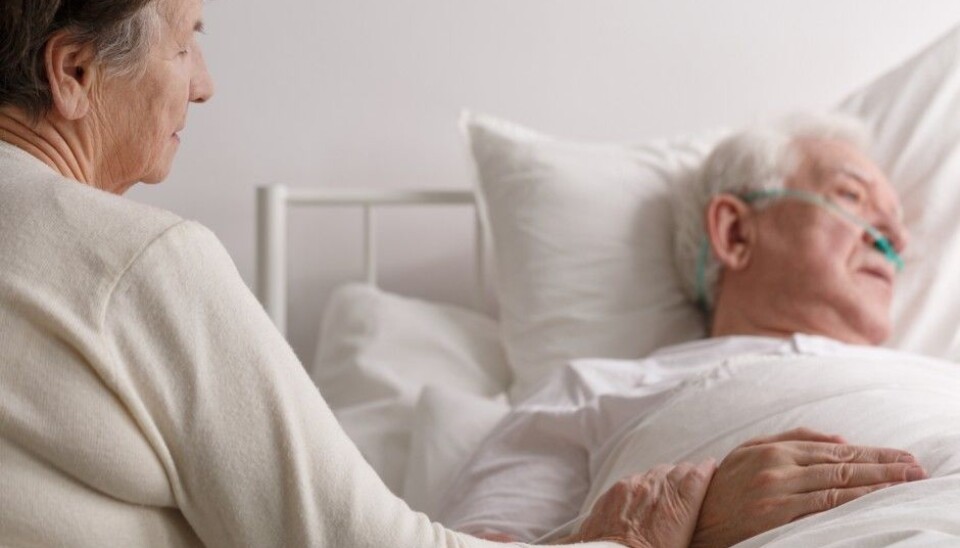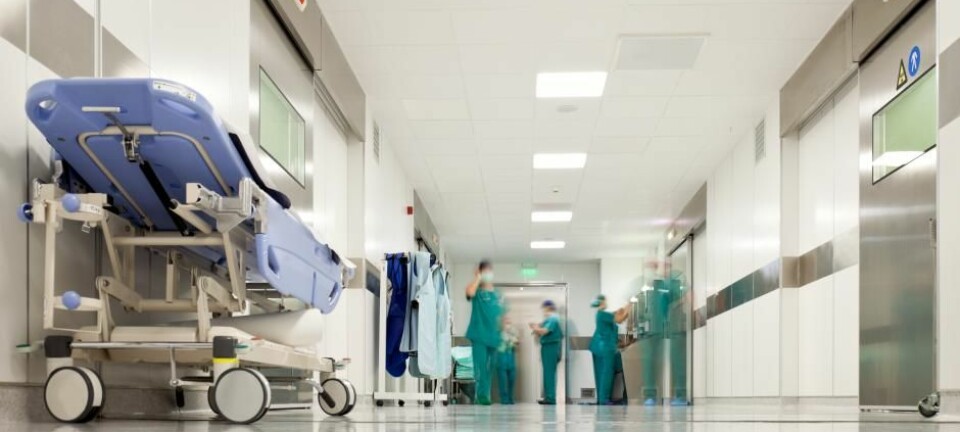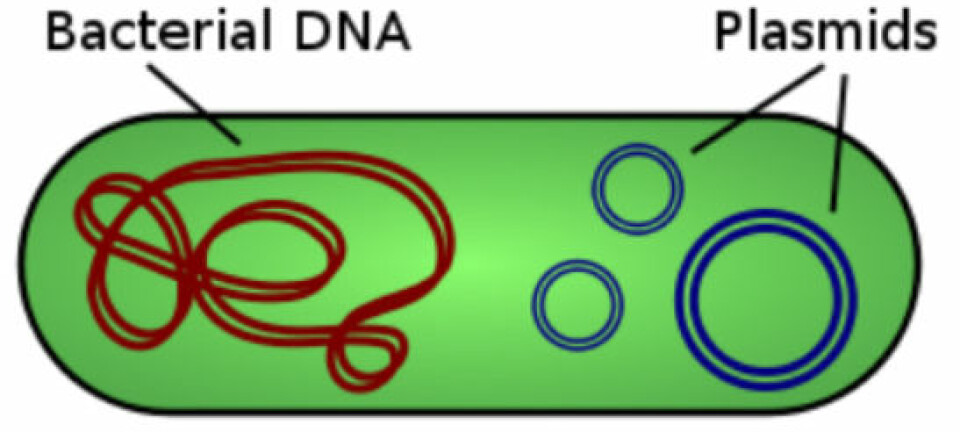
Patients admitted on weekends had a higher death risk
Statistically, the day of admittance to a hospital impacts your chance of still living a month later. Try to avoid entering hospitals on the weekends.
The divergence was revealed in a report from the Norwegian Institute of Public Health this week. Fewer of the patients admitted to hospitals on weekends survive than those admitted on weekdays.
The safest days to be admitted are in the middle of the week: Tuesday, Wednesday or Thursday.
Researchers looked at the numbers of patients admitted on particular days were still alive 30 days later.
Acute admittances are riskiest
These differences in risks apply to acute as well as scheduled admittances. As expected the situation is clearly more precarious when a patient has to be hastily admitted with an acute medical problem.
On average, 99 percent of patients who are admitted on a scheduled date survive the following 30 days. Among acute emergency admittances the 30-day survival rate is between 93 and 94 percent.
Among planned admittances, the greatest risk of mortality within a month is seen when patients check in on a Saturday.
As regards acute admittances, the risk is greatest when patients check in to hospitals on Saturdays or Sundays.
Corresponds to 1400 deaths
The lower survival rate for those entering the hospital on Saturdays corresponds to about 700 more mortalities within a month in the course of a five-year period compared to those who were admitted on Monday through Friday.
Comparably in a five-year period, 750 more deaths occur within a month amongst patients admitted on Sundays.
Could be sicker patients
“The analyses can be interpreted as poorer quality treatment on weekends. But it can also follow from differences in how sick these patients tend to be,” says Section Leader Jon Helgeland at the Norwegian Institute of Public Health.
He adds that there can be dissimilar thresholds for admittances of patients from one day to another.
Very few patients are scheduled for admittances on the weekends. There are also fewer acute admittances on these two days than during the rest of the week.
Helgeland points out that those who are admitted on weekends might be more often seriously ill. Those who are less sick could opt to wait until after the weekend to seek medical help or contact the hospital.
Known problem in other countries
Helgeland says this is not just a Norwegian phenomenon. The same tendency for poorer outcomes amongst patients admitted on weekends is seen internationally.
International studies have shown that the disparity in survivability rates links to a number of factors such as weaker manning at hospital on weekends. There are fewer overall on watch and doctors and nurses with key competence are more likely to be off work.
But this can also be associated with the patients and the severity of their health problems rather than the quality of service.
“International research shows that patients who are acutely admitted on weekends are generally sicker than those who are admitted for acute afflictions the rest of the week,” says Helgeland.
The analyses were controlled and adjusted for ages, gender and the diagnoses the patients have. So even though more injuries and accidents occur on weekends this does not explain the disparity in mortality rates within a month of hospitalisation.
-------------------------------------
Read the Norwegian version of this article at forskning.no
Translated by: Glenn Ostling
































